|
There is nothing easy about Rep. George Santos. His pending legal cases throw into relief two very different takes on the First Amendment – the public’s right to know against legitimate reasons to bestow anonymity.
Congressman George Santos was recently arraigned in a New York court to face a 13-count criminal indictment. Federal prosecutors claim that Rep. Santos stole campaign funds, unlawfully obtained pandemic unemployment payouts, and provided false information to Congress on financial documents. However, the court allowed Rep. Santos to be released on a $500,000 bond cosigned by three anonymous suretors, a decision that has been criticized as highly unusual. Now, The New York Times has filed a motion asking the court to release the unredacted versions of judicial records identifying those who guaranteed Rep. Santos’ bail. The Times argues that “federal common law and First Amendment endow the public with a presumptive right of access to judicial proceedings and records, including to bond proceedings.” The Times’ motion states: “The public interest in openness is particularly strong in this case. The surety records relate to three individuals who have committed large sums of money to ensure that Rep. Santos can remain at liberty, pending further proceedings. This presents an obvious opportunity for political influence, given Rep. Santos's elected position and his dependence on these suretors. That risk is further heightened by the fact that the very crimes Rep. Santos has been charged with involve abusing the political process for personal gain.” The Times makes a valid point. When a congressman is charged with crimes relating to political corruption, shrouding those who bailed him out could obscure telling facts about this case. But Protect The 1st sees a larger interest to protect, one that cuts to the heart of the protection of speech. Since the landmark Supreme Court ruling in 1958, NAACP v. Alabama, the anonymity of donors has been recognized as critical to the protection of speech and the flourishing of the First Amendment. For that reason, we joined with groups ranging from NAACP to ACLU to advise courts to strike down a California law that would have forced non-profits to disclose their donors. The dangers to NAACP donors in 1950s Alabama exist today in a new, modern form – the threat of doxing, the invasions of one’s home and workplace, and punishment ranging from cancelation to violence. If there is some sinister nexus at play, which The New York Times seems to suspect, those facts will likely come out in court. In the meantime, the public’s larger interests may be better served by sticking with the rules as they are. Princetonians for Free Speech released a survey of Princeton University students that paints a harrowing portrait of student opinion regarding the first and most important item in the Bill of Rights.
When asked about their own speech, students reported:
Princeton is by no means alone. If polls of student opinion regarding free speech were taken at many other higher education institutions, we have no doubt that similar results would be seen. Like many other universities, Princeton has struggled to defend speech in the age of cancellation. This survey falls on the heels of the firing of Joshua Katz, and comes after the enunciation of a free speech policy by Princeton University president Christopher Eisgruber. Perhaps the Princeton community would do well to consider the words of one of its most famous alumni, a graduate from the days when the university was called the College of New Jersey. James Madison, father of the First Amendment, wrote: “There are more instances of the abridgment of the freedom of the people by gradual and silent encroachments of those in power than by violent and sudden usurpations.” You’ve heard of helicopter parents, but have you heard of the GPS parent?
A Louisiana mother is accused of concealing electronic devices on her elementary school-aged child. The devices not only included a GPS tracker, but also allowed the mother to intercept conversations. The school board obtained a temporary restraining order prohibiting her use of these devices on school property. (Hat tip to Eugene Volokh.) The mother then took to hosting a live web log and making ongoing social media posts rich in complaints about school officials. These officials claimed that she “defamed and slandered the reputations” of the school board and staff. The board promptly obtained a preliminary injunction from a Louisiana court restraining the mother from “making or publishing and/or from engaging in any activity to make, disseminate, publish or broadcast defamatory, slanderous, libelous, frivolous and/or fraudulent claims” about the school board and school employees. This case could serve as a primer for 1L law students about how the First Amendment operates. The injunction presupposes that ongoing and future speech can be judged already to be “defamatory, libelous, and frivolous” without a judicial finding. And since when did “frivolous” speech become actionable? (Jimmy Kimmel, The View, call your lawyers.) The Louisiana Court of Appeals lifted the injunction and gave this remedial lesson on the reason why we do not allow prior restraint of speech in America: “The School Board is correct that the protection of the First Amendment does not extend to defamatory and libelous speech. However, for First Amendment protection to be in jeopardy, there must first be a determination that the words are defamatory. Until words lose First Amendment protection, they are guarded against prior restraint … “We also note that the preliminary injunction issued in favor of the School Board prohibits more than the utterance of allegedly defamatory statements. It prohibits speech that is merely disparaging or ‘frivolous’ – speech that is not within the categories excluded from the First Amendment.” Until a court finds speech to be slander or libel, it is protected by the First Amendment. To hold otherwise would be to allow plaintiffs’ lawyers and courts to preemptively declare someone’s future utterances as defamation and start gagging Americans right and left. The Founders shrewdly left us the liberty to speak – and they also left us to deal with the consequences of our speech. When private and religious schools meet their state’s stringent educational standards, they frequently offer an educational experience superior in quality to public schools and provide a way for parents to express their First Amendment right to the free exercise of religion, extending their faith’s tradition, while knowing their children will be educated in math, science, English, and history. This is why Protect The 1st sees school choice as empowering parents and strengthening both education and a First Amendment society.
States are warming up to this view, though two states are wavering because of strong opposition from politicians in both parties. North Carolina has recently become embroiled in a bitter political fight over school choice between that state’s governor and the general assembly. The governor has declared his opposition to school choice legislation recently passed by the legislature. If the measure is sent to the governor’s desk as a standalone bill, it appears the legislature has the upper hand with a veto-proof majority. In Texas, there are fewer political fireworks, but a handful of rural Republican legislators have nevertheless so far managed to keep school choice from happening in the Lone Star State. Economist Stephen Moore recently noted that the districts these recalcitrant Republican legislators represent have abysmal levels of student performance at or above grade level. Moreover, the Texas school choice bill would direct more dollars per student for rural districts. On the plus side, when Gov. Kevin Stitt signs school choice into law, Oklahoma will have a refundable tax credit for families to put toward private school tuition. This new law, the Oklahoma Parental Choice Act, will also have a common feature of recent school choice bills – it boosts spending for public schools and teacher pay. “We’re excited for what it does for every student, every teacher and school and parent in the state, regardless of what their personal choice is in terms of educating that child,” House Speaker Charles McCall told local media. This year has seen enactments of major expansions of school choice in Indiana (available to 97 percent of K-12 students), Montana, and South Carolina. Four states – Arkansas, Florida, Iowa, and Utah – enacted school choice programs open to all K-12 students, following the trailblazing path of Arizona and West Virginia. These states include language ensuring that private schools must meet state minimum education standards to be eligible to receive funding. Such a move ensures that states can chart their own course with respect to curricular standards that private schools must meet to receive state support, while also providing students and families the resources they need to obtain a quality education. The ability to educate one’s children in the best schools available and according to one’s values or religion should be afforded to every American family. Since funding will now be opened up to a broader array of private schools, many more parents won’t have to choose between sacrificing educational quality for their children or sacrificing their family savings. Perhaps Oklahoma’s addition to the national school choice juggernaut will prompt North Carolina and Texas to overcome political opposition to join a movement that is sweeping the nation. In an amicus brief before the U.S. Supreme Court earlier this year, Protect The 1st told the Court that curtailing Section 230 of the Communications Decency Act of 1996 “would cripple the free speech and association that the internet currently fosters.” Consistent with that recommendation, the Court today declined various invitations to curtail that law’s important protections for free speech.
Joining with former Sen. Rick Santorum, we demonstrated in our amicus brief that Section 230 – which offers liability protection to computer-services providers that host third-party speech – is essential to enabling focused discussions and keeping the internet from devolving into a meaningless word soup. “If platforms faced liability for merely organizing and displaying user content in a user-friendly manner, they would likely remove or block controversial – but First Amendment protected – speech from their algorithmic recommendations,” PT1st declared. We stated that a vibrant, open discussion must include a degree of protection for sponsors of internet conversations. With Congress always able to amend Section 230 if new challenges necessitate a change in policy, there is no need for the Supreme Court to rewrite that law. The Supreme Court had shown recent interest in reexamining Section 230. That could still happen, but the two cases that were before the Court turned out to be weak vessels for that review. On Thursday, the Court declined to consider reinterpreting this law in Gonzalez v. Google and Twitter v. Taamneh, finding that the underlying complaints were weak. The Court neither expressly affirmed nor rejected our approach, leaving these issues open for another day and another case. Protect The 1st will remain vigilant against future challenges to Section 230 that could undermine the freedom of speech online. In February, we reported on the case of a Catholic charity – which has provided aid to the disabled, the elderly, and the poor for more than one hundred years – deemed not religious enough to qualify for that state’s religious liberty exemptions. An appellate court ruled that the Catholic Charities Bureau of Wisconsin must contribute to the state’s unemployment system, instead of to a church-run system.
We reported at the time: “This ruling is of far greater significance than the immediate issue: it opens a fresh vulnerability for the free practice of religion. If upheld, this ruling would subject religious-based charities to all manner of state agency rules regarding church governance that would amount to government regulation of belief.” Now religious organizations will have another chance in court to protect the religious nature of their charitable programs. The Wisconsin Supreme Court recently granted the charity’s request to hear its case and ordered that it file a brief within 30 days. In this case, religious doctrine and belief will be inseparable from considerations of the law. The Wisconsin Supreme Court will hear that this charity, run by the Diocese of Superior, and that offers in-home health care, housing, childcare services, and other resources, is an expression of the directives of the Gospels. The free exercise of religion necessarily will require justices to consider the core belief of Christianity – as well as those of other religions – that charitable service is most definitely a form of worship. The St. Francis Health System in Oklahoma is the twelfth largest hospital system in the nation. It cares for more than 400,000 patients each year and has given away more than $650 million in free medical care in the past five years. St. Francis also employs more than 11,000 Oklahomans.
And it was almost shut down by the federal government over a candle. For 62 years, St. Francis has maintained a continuously burning flame on a sanctuary candle in its chapel. It is not decorative. Like a Sikh’s kirpan or a Jew’s kippah, it is a devotional object central to worship. The Catholic Church’s Code of Canon Law requires that wherever the Blessed Sacrament is kept, a special lamp – a “living flame” – must be kept burning. The St. Francis flame – in a chapel, apart from the hospital – is fueled by a candle inside a thick, glass globe, which is encased in a second glass globe, resting in a bronze holder with a bronze top. It is affixed six feet above the floor and surrounded by sprinkler heads. For all these good reasons, it has met the approval of the local fire marshal during annual inspections. But the candle did not meet the approval of a surveyor sent by the Centers for Medicare and Medicaid Services. Lori Windham, vice president and senior counsel of the Becket Law firm, wrote the government: “Curiously, during the inspection, the surveyor expressly asked to go to the chapel to see if there was a living flame.” After seeing it, the surveyor deemed this enclosed candle flame, six feet above the ground, as a safety hazard that could, somehow, ignite the oxygen in a visitor’s breathing tube. He made this declaration despite the fact that the National Fire Protection Association deems that such a threat exists only within one foot of a flame. “This is not Mrs. O’Leary’s barn,” Windham wrote. The government’s inspector did not find such a problem with other open flames at St. Francis, from a pilot light in a stove and ovens, to water heaters and gas dryers in a laundry. CMS nevertheless told St. Francis to either extinguish the candle or lose access to federal funding, essentially shutting down the hospital and leaving thousands of patients without treatment. Becket’s Windham explained why this living flame, believed by the Catholic Church to be a sign of the presence of the living Jesus, could not be extinguished. In a tartly written letter to the government, under the heading “Why the Government Will Lose,” Windham noted the three ways the government’s action violates the Religious Freedom Restoration Act: it imposes a substantial burden on religious exercise by making the institution extinguish its candle, it has no compelling interest (the case for public safety is risible), and the government did not seek out the least restrictive means. The government withdrew its demand last week, though it required St. Francis to post a warning sign nearby – a good example, perhaps, of a less restrictive means. What can we learn from this monumental waste of government resources? Becket’s quick and thorough letter demonstrates the important role played by civil liberties organizations in the defense of religious liberty. This case also demonstrates what seems at times a willful obtuseness on the part of government when it comes to respecting religious norms. While St. Francis won the day, it is clear that defenders of religious liberty will continue to get static from the attitudes of some government officials. In such cases, it is the job of civil libertarians to demonstrate to the government that the fight isn’t worth the candle. Happy World Press Freedom Day! If you are a journalist heading out to do an interview, please be careful in your movements, your digital security, and the protection of your sources. In some countries, you might want to check under your car before starting the ignition.
But be advised that even these safety measures may not be enough to protect you. Like many declarations of the United Nations, the 30th anniversary of World Press Freedom Day is observed in the breach in many UN member countries. The UN Secretary General Antonio Guterres said that the number of journalists killed in 2022 was 50 percent higher than the previous year. UNESCO reports that in all, 86 journalists were killed last year. That’s a reporter killed every four days. In Mexico, where many journalists have been murdered, the government and the cartels are the most prolific users of Pegasus, surveillance software that can transform any smartphone into a comprehensive 24/7 surveillance device. This spyware reveals one’s texts, emails, images, and calendar, while turning a smartphone’s microphone and camera against its owner. The New York Times reports that Mexico’s federal spy agency has “targeted more cellphones with the spyware than any other government agency in the world.” And, of course, criminal actors have full use of this technology in much of the world. Cartels used Pegasus to track down journalist Cecilio Pineda Birto hours after he accused the state police force and local politicians of conspiring with violent criminals. He was gunned down while waiting for his car to come out of a carwash. Twenty-six Mexican journalists were targets of interest by a buyer of this technology in recent years. This is in keeping with Secretary Guterres’ statement that “90 percent of the journalists killed” are “covering local issues, human rights violation, corruption, illegal mining, environment problems.” He added that many of the killers “are not only state actors, they are organized crime, drug lords, environmental criminals.” In some parts of the world, the line between state actors and thuggery is nonexistent. Witness the ordeal of Evan Gershkovich of The Wall Street Journal, arrested on specious charges of being an American spy by the judicial puppets of the Vladimir Putin regime. Or Jimmy Lai, the Hong Kong publisher who bravely defied the Chinese Communist Party and has disappeared behind bars. In other parts of the world, journalists are intimidated by online attacks and loose libel laws that keep journalists legally and psychologically intimidated. Throughout, the marriage of increasingly potent surveillance technology and illiberal regimes is making the practice of journalism more difficult. This is true even in the United States. A Texas journalist was arrested for – get this – “misuse of official information.” A Wall Street Journal reporter in Arizona was arrested for doing man-on-the-street interviews. The press can often come at the truth with a slant or a sensational angle. The press can just get a story wrong. But the free and open practice of journalism is in the long run the only way for a free society to self-correct and sift out the truth. As the founders insisted, freedom of the press safeguards society against official corruption, malfeasance, and the lawless exercise of power. While 49 U.S. states have press shield laws, there is no federal law that protects the notes and sources of a journalist from being seized by a federal prosecutor. All the more reason to celebrate World Press Freedom in America by asking Congress to get behind the PRESS Act, which would extend these basic protections to the federal government. Prosecutors in Asheville, North Carolina, are insisting on pressing forward with the prosecution of two journalists for daring to document a police sweep of a homeless encampment.
Matilda Bliss and Veronica Coit were arrested and charged for trespassing on Christmas night, 2021. Their crime? They stood on a rise above the scene in a city park after the park’s 10 p.m. closing time. By the admission of all, the journalists could not have seen the eviction, must less filmed it, from a public sidewalk or lower down in the park. They were where they needed to be to document this story. On April 19, Bliss and Coit were finally convicted of trespassing in a bench trial. They are now exercising their rights to appeal their case before a jury. The U.S. Press Freedom Tracker, which maintains data on press freedom violations, reveals that this is only the fourth such trial in the United States in the last five years. The Tracker has no record of a journalist being sentenced to jail or probation for trespassing since it began documenting the arrests of journalists in 2017. Concerned about the chilling effect such prosecutions have on a free press, Protect The 1st joined with a coalition of civil liberties organizations, in a letter organized by the Freedom of the Press Foundation, to protest these prosecutions to the Asheville city attorney, the police chief, and the Buncombe County district attorney. The letter states that “a government interested in transparency should not want to set a precedent that journalists cannot cover newsworthy events, in plain sight and on public land, at night. “The news does not keep regular business hours and citizens are entitled to know what police are doing at any hour.” The actions of local officials and statements by police, caught on body-cam footage, show no love lost for The Asheville Blade. It is easy to see why. The Blade advertises itself as “a leftist local news co-op focusing on hard-hitting journalism, in-depth investigation and sharp views from our city.” The Blade’s critical eye may make it the bête noir of city and law enforcement officials. But having a point of view doesn’t make this news outlet any less of a journalistic enterprise than the National Review or The Nation. “The continued prosecution of the two Asheville Blade reporters sends a message that authorities can cherry-pick who qualifies as a journalist based on personal preference,” the letter concludes. Protect The 1st will follow the case and report on the outcome of the appeal. REAL CLEAR EDUCATION: Why the School Choice Revolution Should Give Americans Reason for Optimism5/3/2023
Rick Boucher and Bob Goodlatte, former Members of Congress and now Senior Policy Advisors to Protect The 1st, detail the school choice revolution sweeping the country. States are adopting universal school choice – protecting the 1st Amendment right of parents to choose the most appropriate school for their children.
Democracy is often loud. It is often impassioned against prevailing opinion, be it that of a legislative majority, an ideologically conformist college campus, or an overwhelmingly red or blue community. And yes, it is often rude.
While both legislatures and campuses have a right to enforce a degree of civility, they are both spaces where the maximum latitude to criticize is essential to a functioning democracy. Why is this so hard for many on the right, as well as the left, to understand? Protect The 1st has had a lot to say of late about the instances of speakers – mostly conservatives – being silenced on university campuses, mostly by progressive students and faculty. But conservative Republican legislators, in states where they have commanding majorities, are willing to demonstrate that they too can be ready to cancel people with contrary views. So it was with the expulsion of Rep. Zooey Zephyr, the transgender Democrat elected to the Montana Legislature in a district that includes the college town of Missoula. The Montana House debated a measure to ban “gender-affirming care” for minors. The bill later passed by a wide margin and was signed into law by that state’s governor. Proponents of this legislation argued that in a society that doesn’t allow minors to smoke, buy a lottery ticket, or gamble, it makes sense to restrict changes they can make to their bodies. Rep. Zephyr responded that such restrictions would worsen the high rate of suicide among transgender teens. It is on that basis, she said, that those who vote for the bill would have “blood on your hands.” Such invective is in keeping with the 1964 New York Times v. Sullivan opinion in which the U.S. Supreme Court found that “debate on public issues should be uninhibited, robust, and wide-open.” But the Montana Legislature saw it differently. By 68-32 last week, it held that Rep. Zephyr had violated House rules and banned her from the House chamber for the remainder of this legislative year. She will now have to cast her votes remotely. This legislator will be absent from the discussions, deliberations, and horse-trading that occurs as Montana prepares to pass a housing bill and the state budget. “There will be 11,000 Montanans whose representative is missing,” Rep. Zephyr said, calling her expulsion a “nail in the coffin of democracy.” The U.S Supreme Court took a similar view in Bond v. Floyd in 1966, in which the Court, ruling on First Amendment grounds, reinstated civil rights activist Julian Bond to the Georgia House of Representatives after the House clerk refused to seat him. What was the reason Bond was not seated in accordance with the will of his constituents? He had voiced his opposition to the Vietnam War and the draft. “The manifest function of the First Amendment in a representative government requires that legislators be given the widest latitude to express their views on issues of policy,” the Court declared in 1966. The majority opinion cited the observation of James Madison that the British Parliament had assumed the power to regulate the qualifications of both the electors and the elected. As a result, the Parliament freely adjusted its qualifications to make sure any debate was always rigged for the majority. Legislative leaders today should avoid rigging the rules against views that defy the majority. They should get used to hearing issues framed in a way they find offensive. They might also want to recognize how self-defeating these heavy-handed tactics can be. Expulsion valorizes the expelled. It gets them interviews on national media. It raises money from donors across the country. And the expelled always come back. Julian Bond returned to the Georgia Legislature, where he went on to serve in the House and Senate for twenty years. The two Tennessee state legislators expelled by that state’s House were reinstated with much fanfare. Zoe Zephyr, an obscure politician from a college town, is now a national celebrity. We will thus predict the re-election of Rep. Zephyr. Agree or disagree with her on transgender issues, pushback from the courts and voters is a sign of health. As Rep. Zephyr says, “You cannot kill democracy that easily.” An op-ed penned by two Harvard professors announces the creation of an academic freedom council to actively protect free speech on that campus. In an op-ed in The Boston Globe, this document declares its purpose as boldly as if it had been nailed to a church door.
Celebrity author and psychologist Steven Pinker and Bertha Madras of Harvard begin their piece by detailing the sorry state of affairs in academia – viral videos of professors being mobbed, cursed, heckled into silence, and sometimes assaulted. They quote the Foundation for Individual Rights and Expression that of the 877 attempts to punish scholars across the United States for expression protected by the First Amendment, there were 114 incidents of censorship and 156 firings. “More,” they note, “than during the McCarthy era.” After detailing the value of open inquiry – apparently, remedial education for some in higher education – Pinker and Madras describe the corruption of ideas caused by censorship. Even when the academic consensus is almost undoubtedly correct, many will still distrust the truth because it “comes out of a clique that brooks no dissent.” Pinker and Madras also describe the incentives that allow those intent on intimidation to take over a campus that once housed the first printing press in British North America. “A cadre of activists may find meaning and purpose in their cause and be willing to stop at nothing to prosecute it, while a larger number may disagree but feel they have other things to do with their time than push back,” they write. “The activists command an expanding arsenal of asymmetric warfare, including the ability to disrupt events, the power to muster physical or electronic mobs on social media, and a willingness to smear their targets with crippling accusations of racism, sexism, or transphobia in a society that rightly abhors them.” And don’t expect an “exploding bureaucracy for policing harassment and discrimination” to be helpful when their professional interests “are not necessarily aligned with the production and transmission of knowledge.” Things are made even worse, they write, when “right-wing muscle” attempts to offset “left-wing muscle” by passing laws to stipulate the content of higher education. To correct this imbalance, Pinker and Madras announced the creation of a Council on Academic Freedom at Harvard. “When an individual is threatened or slandered for a scholarly opinion, which can be emotionally devastating, we will lend our personal and professional support,” they write. “When activists are shouting into an administrator’s ear, we will speak calmly but vigorously into the other one, which will require them to take the reasoned rather than the easy way out.” As of this writing, over one hundred Harvard faculty and staff have signed on to the council. With such leadership at one of the premier universities of the nation, we would not be surprised to see councils on academic freedom pop up on campuses around the country. |
Archives
June 2024
Categories
All
|
ABOUT |
ISSUES |
TAKE ACTION |


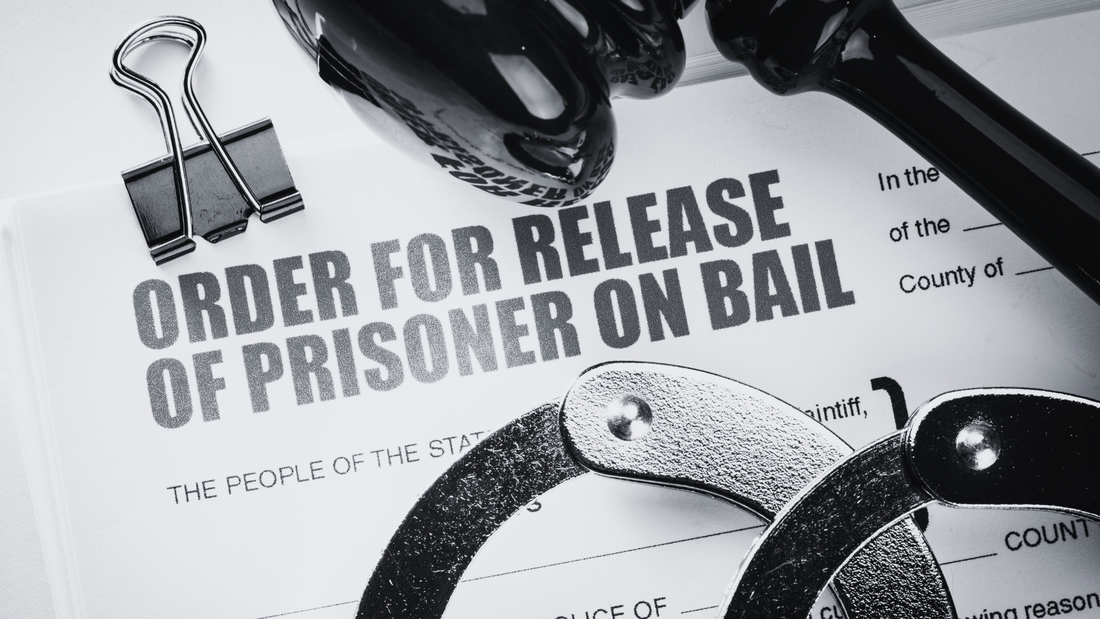
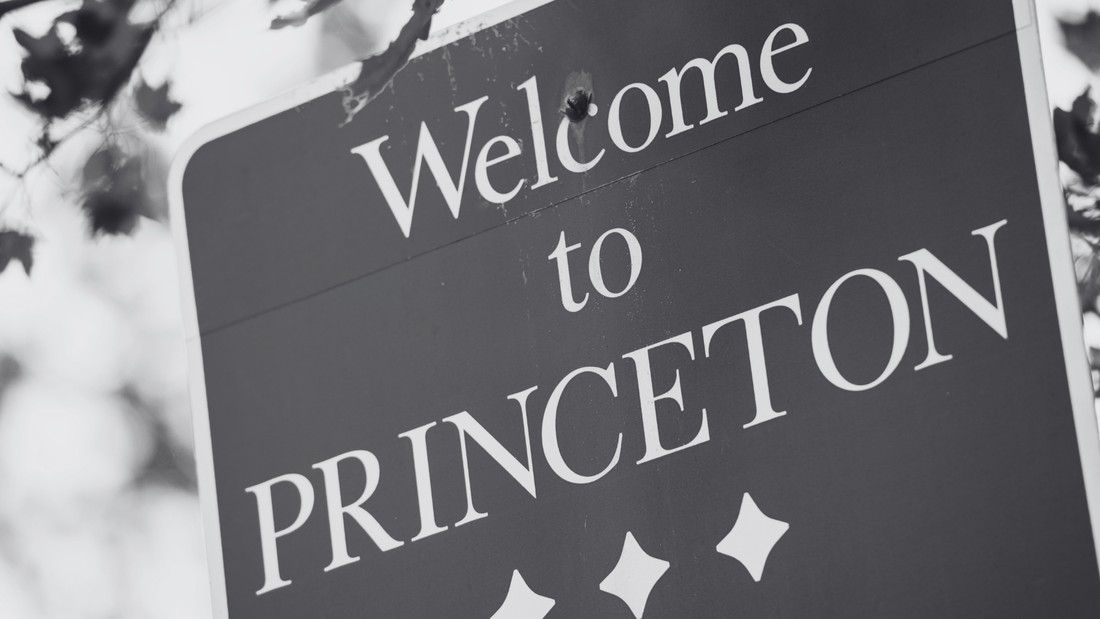


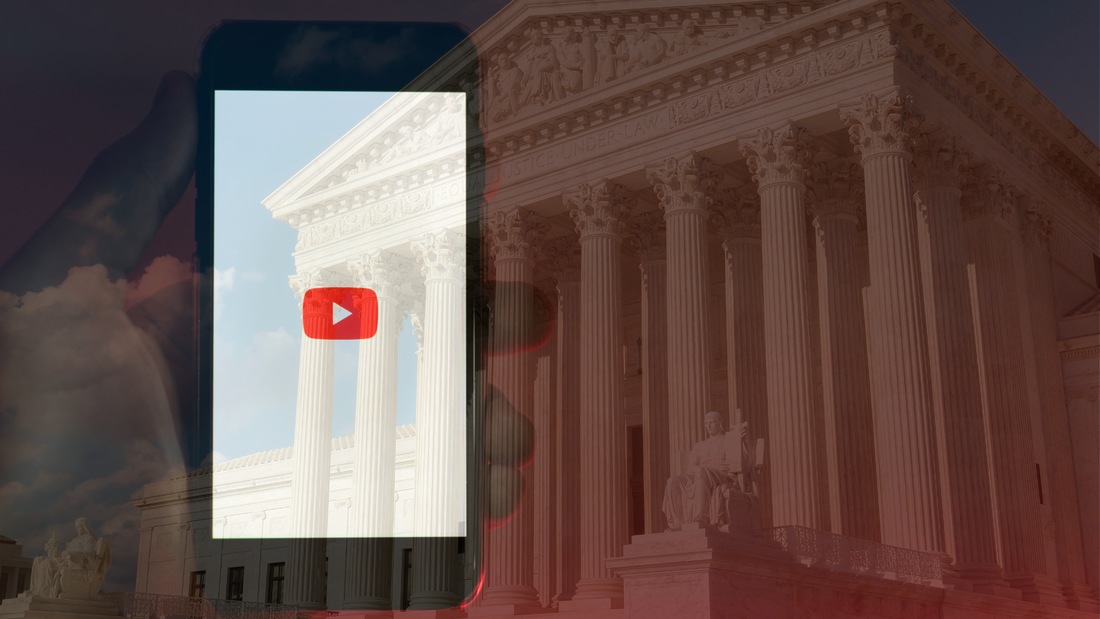
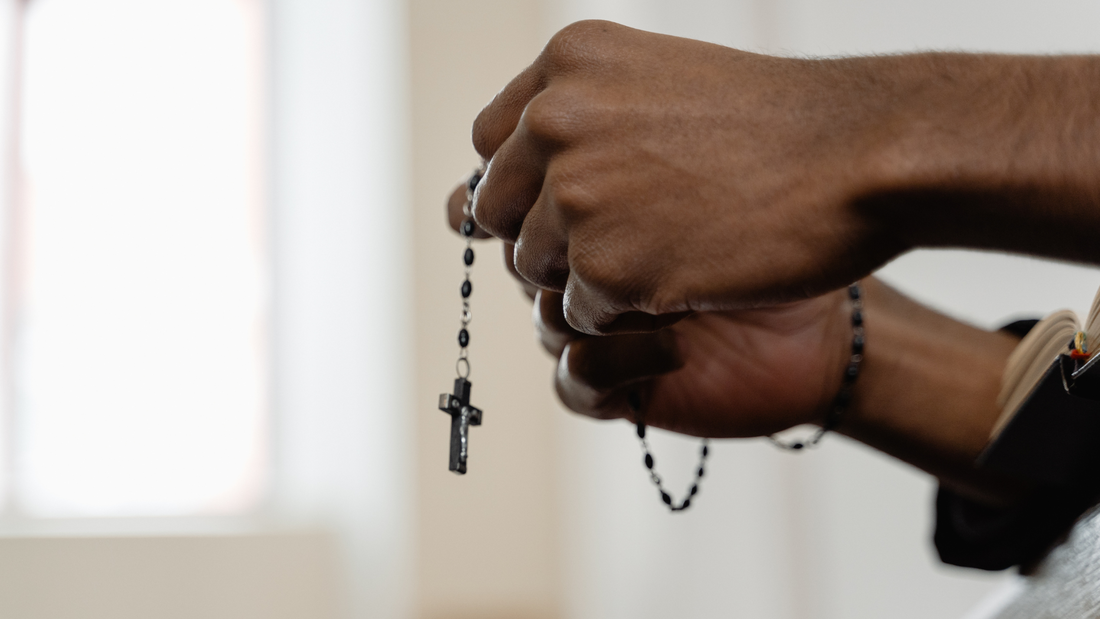
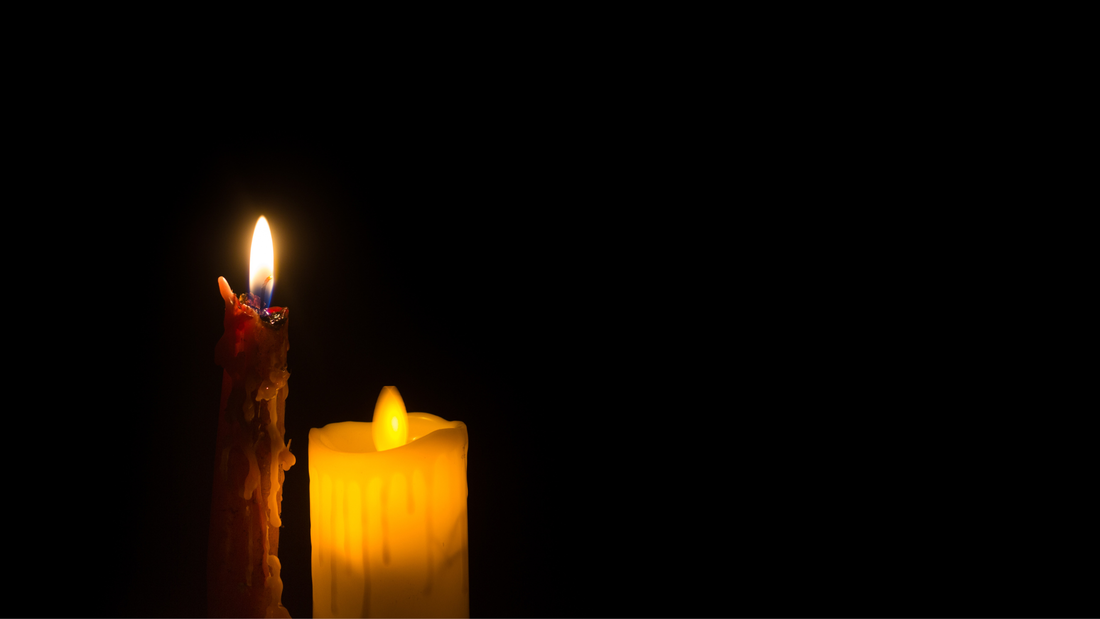

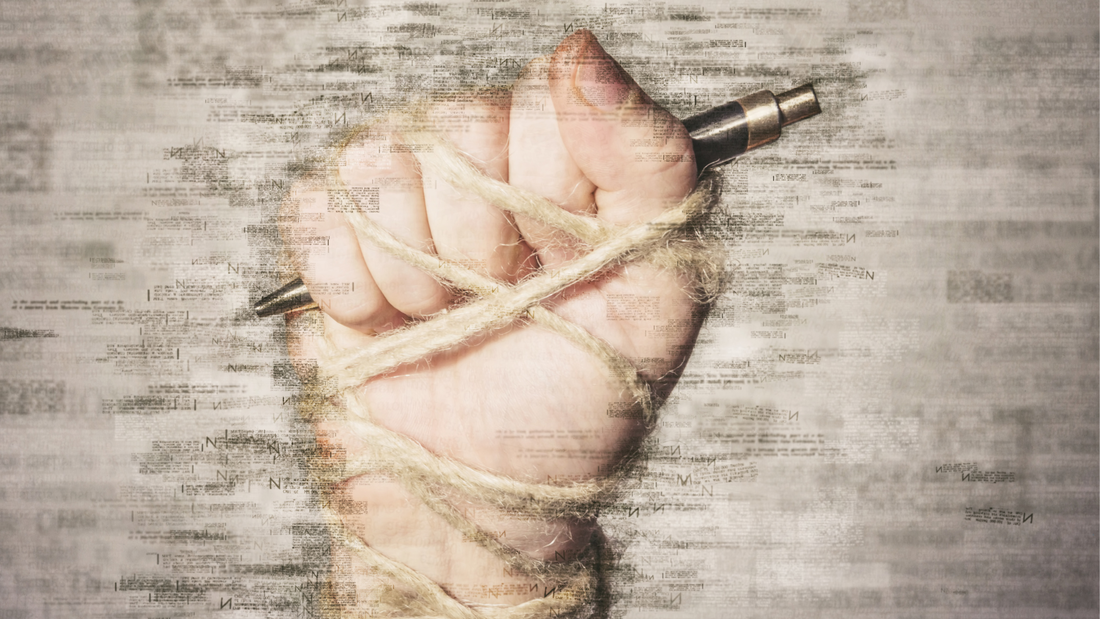
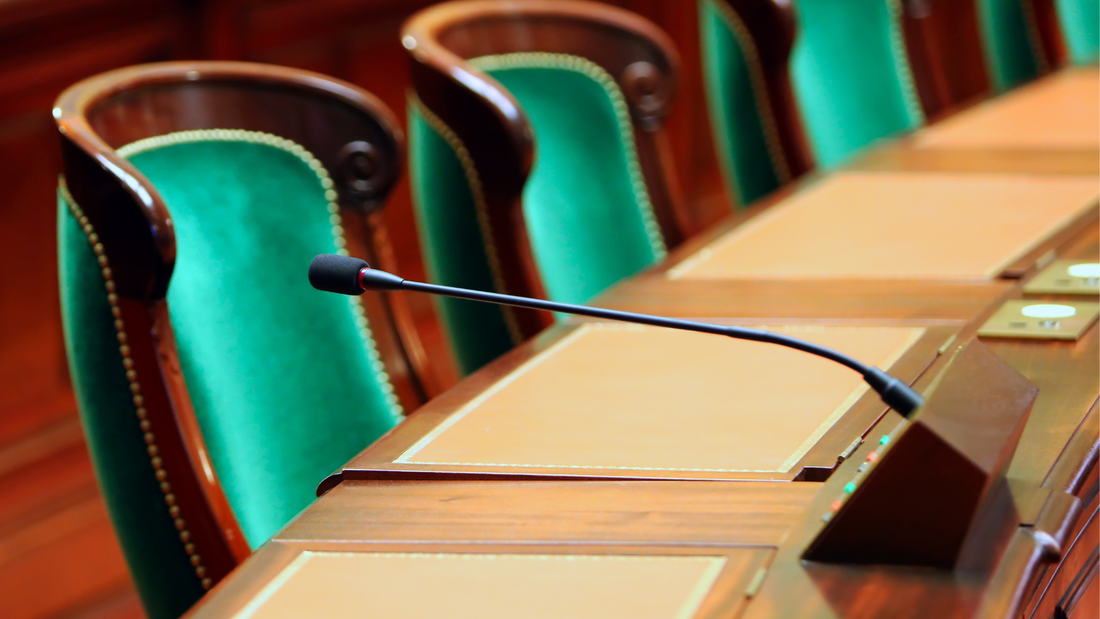
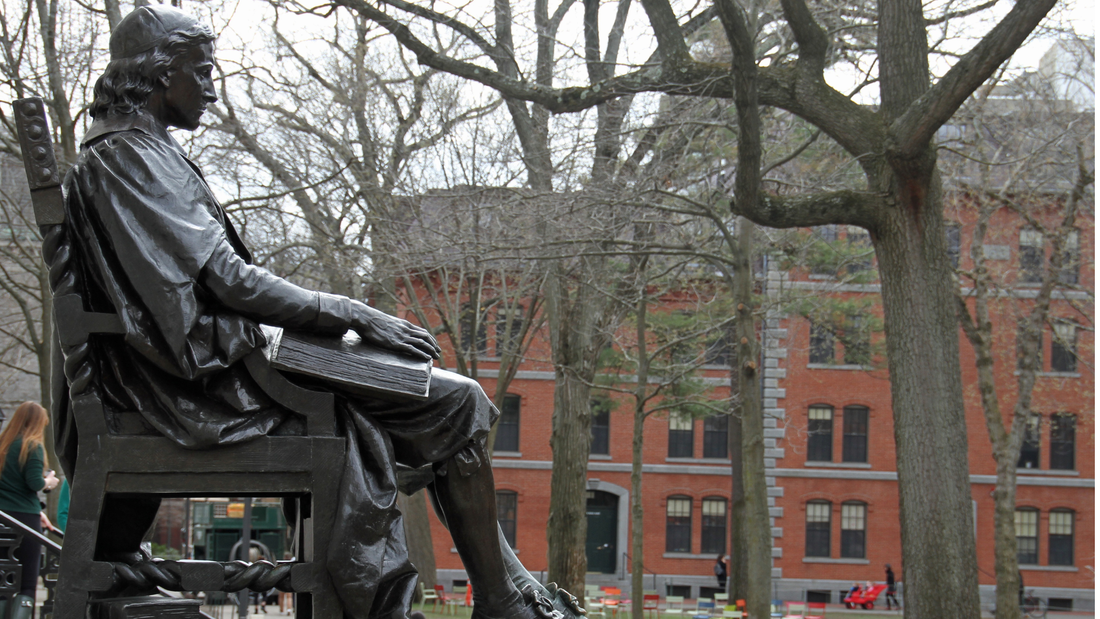
 RSS Feed
RSS Feed